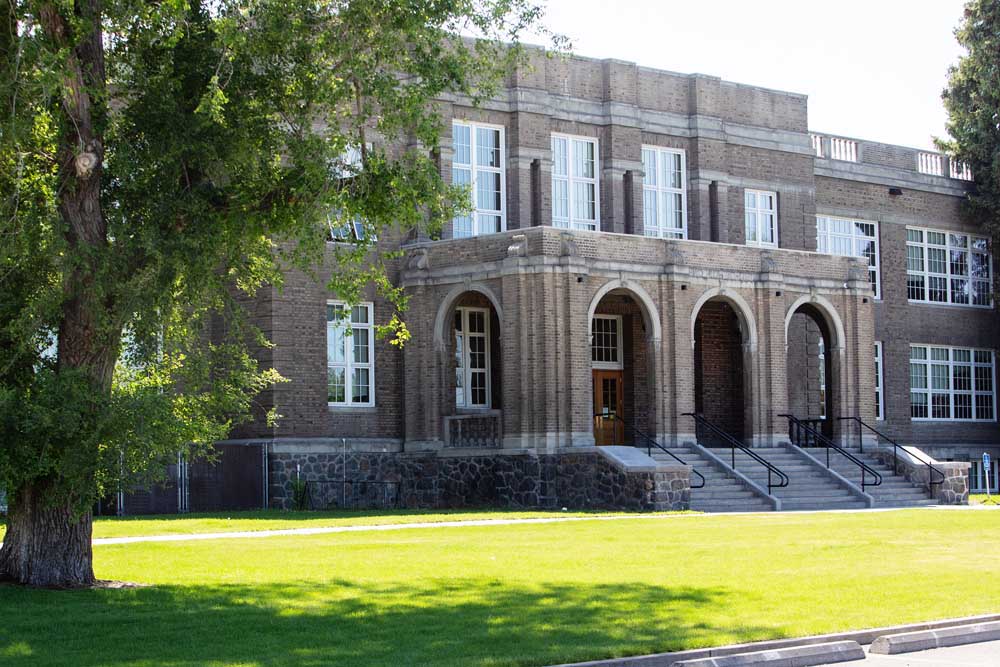Detroit’s decay fueled by big government, unions
Published 5:00 am Thursday, August 1, 2013
DETROIT —
In 1860, an uneasy Charles Darwin confided in a letter to a friend: “I had no intention to write atheistically” but “I cannot persuade myself that a beneficent and omnipotent God would have designedly created the Ichneumonidae with the express intention of their feeding within the living bodies of caterpillars.”
What appalled him had fascinated entomologist William Kirby (1759-1850): The ichneumon insect inserts an egg in a caterpillar, and the larva hatched from the egg, he said, “gnaws the inside of the caterpillar, and though at last it has devoured almost every part of it except the skin and intestines, carefully all this time avoids injuring the vital organs, as if aware that its own existence depends on that of the insect on which it preys!”
Government employees’ unions living parasitically on Detroit have been less aware than ichneumon larvae. About them, and their collaborators in the political class, the question is: What. Were. They. Thinking? Well, how did Bernie Madoff or the Enron executives convince themselves their houses of cards would never collapse?
Here, where cattle could graze in vast swaths of this depopulated city, democracy ratified a double delusion: Magic would rescue the city (consult the Bible, the bit about the multiplication of the loaves and fishes), or Washington would deem Detroit, as it recently did some banks and two of the three Detroit-based automobile companies, “too big to fail.”
But Detroit failed long ago. And not even Washington, whose recklessness is almost limitless, is oblivious to the minefield of moral hazard it would stride into if it rescued this city and then, inevitably, others that are buckling beneath the weight of their cumulative follies. It is axiomatic: When there is no penalty for failure, failures proliferate.
This bedraggled city’s decay poses no theological conundrum of the sort that troubled Darwin, but it does pose worrisome questions about the viability of democracy in jurisdictions where big government and its unionized employees collaborate in pillaging taxpayers. Self-government has failed in what once was America’s fourth-largest city and now is smaller than Charlotte, N.C.
Detroit, which boomed during World War II when industrial America was “the arsenal of democracy,” died of democracy. Today, among the exculpatory alibis invoked to deflect blame from the political class and the docile voters who empowered it, is the myth that Detroit is simply a victim of “de-industrialization.” In 1950, however, Detroit and Chicago were comparable — except Detroit was probably wealthier, as measured by per capita income. Chicago, too, lost manufacturing jobs, to the American South, to south of the border, to South Korea and elsewhere. But Chicago discerned the future and diversified. It is grimly ironic that Chicago’s iconic street is Michigan Avenue.
Detroit’s population, which is 62 percent smaller than in 1950, has contracted less than the United Auto Workers membership, which was more than 1 million in 1950, and now is around 390,000. Auto industry executives, who often were invertebrate mediocrities, continually bought labor peace by mortgaging their companies’ futures in surrenders to union demands. Then city officials gave their employees — who have 47 unions, including one for crossing guards — pay scales comparable to those of autoworkers. Thus did private-sector decadence drive public-sector dysfunction — government negotiating with government-employees’ unions that are government organized as an interest group to lobby itself to do what it wants to do: Grow.






